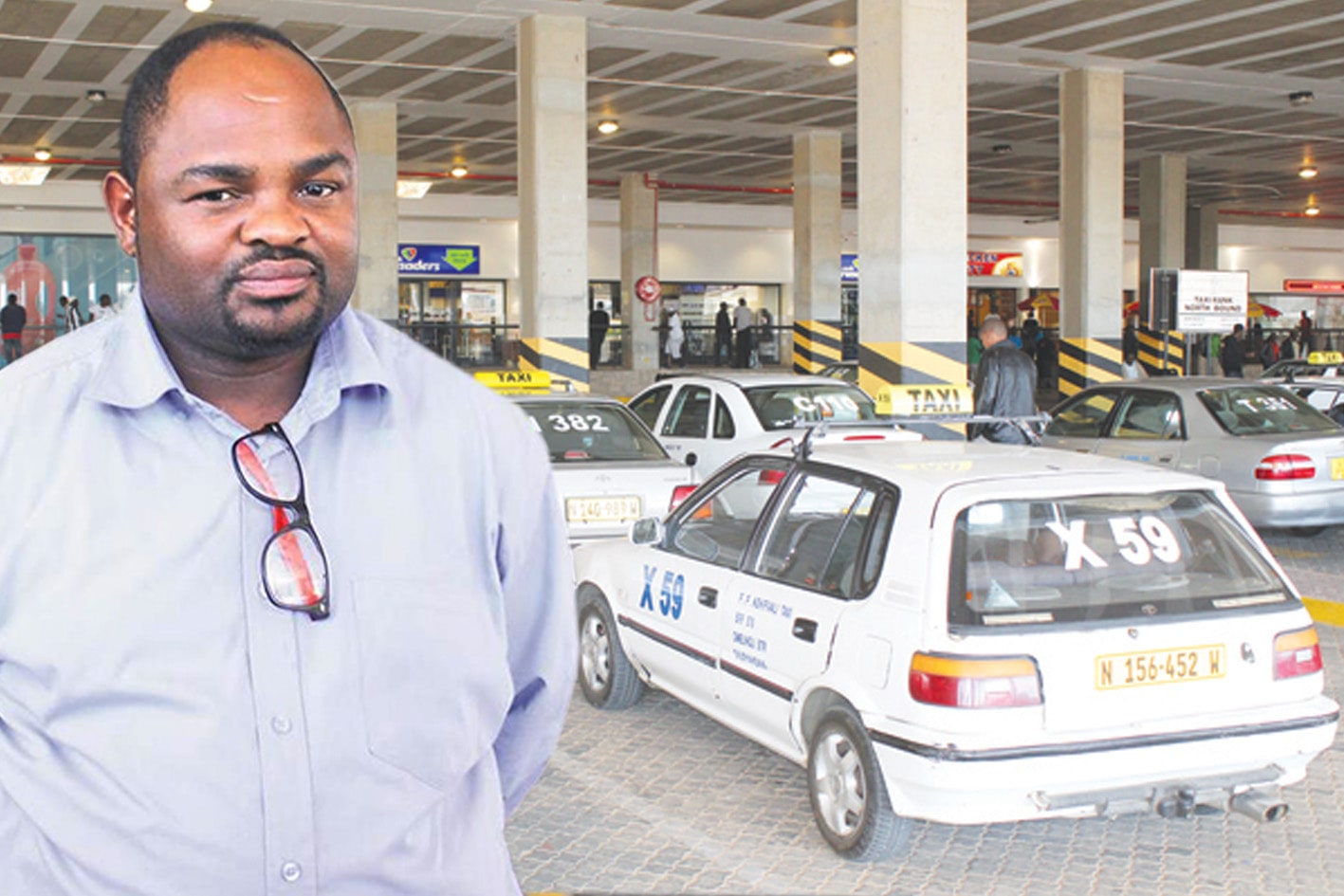Maria Hamutenya
Namibia Transport and Taxi Union (NTTU) has accused the Ministry of Works and Transport of allowing the festering of rampant corruption in the issuance of transport permits.
The taxi body has alleged the demand of kickbacks by officials issuing transport permits with 58 996 new applications having been approved since November 2004. About 2 500 permits have been issued all over Namibia between 1 January, 2020 and 31 January, 2021.
“The corruption there is unquestionable, it’s not even a delay as people are trying to portray. You are just expected to pay somebody a bribe for your application to be processed. Several years ago we highlighted that corruption is not only in the delay for issuance but there is an expectation of you to pay in the event you would like your permit to be issued in a very speedy manner. There are people that get their permits within two to three months, or sometimes within a month and then there are others that have been waiting two/three years just to get a taxi permit,” NTTU President, Werner Januarie told the Windhoek Observer.
“As a union we have been advocating for the transformation of the entire industry or the taxi sector, hence we have been pushing the government to come with new regulations and legislations, and do away with the 1977 Act and it has been almost seven to eight years that we were busy with the new regulations but we have not seen the light at the end of the tunnel yet.”
The allegations raised by Januarie come as the Popular Democratic Movement (PDM) also weighing in, raising favouritism concerns in the issuing of the permits. “The issuing of transport permits should not be a draining process that only grants permits to those closer to authorities’ permission to own more permits on the expenses of those unable to get them. People are forced to rent permits even from those who don’t have cars yet have access to get permits,” said Johannes Martin, PDM Member of Parliament.
He said the situation was causing many to venture into the taxi business without the requisite permits.
“Instead of traffic officers issuing fines and mistreating drivers, the Ministry of Safety and Security must consult with the Ministry of Works and Transport to ensure that permits are available in large quantities and can be accessed easily, rather than taking decades to be approved. We cannot condone a situation where government is responsible for the downfall of the economy, and as a result create further unemployment amongst the adult youth,” said Martin.
“Many of our drivers and owners are adult youth who employ others in order to put bread and butter on the table, but this is not applauded by those in power. Traffic officers should take it easy on people in the transport business until such a time that government has fully redirected itself and all systems are poor friendly.”
Roads Authority (RA) spokesperson, Hileni Fillemon, however, denied allegations of corruption in the permit issuing process, maintaining that investigations into allegations of corruption will only be launched if sufficient evidence is presented.
“All applications once received, must go through the process of being published in the Government Gazette. Applications are sent to the Government Gazette on a monthly [basis] to be published. After the applications appear in the Government Gazette, the RA has to allow 21 days for objections against the published applications.”
“After that, the RA prepares the applications for approval/disapproval at a Board meeting. The RA then processes the decisions, which were made on the system and send out the responses to the applicants via post. This process takes approximately 4-5months.”
“The biggest challenge we are facing is that applicants apply for permits without providing full contact details, and we face difficulties to make contact with them. In addition, most applicants do not have their own Post boxes and make use of family and friends’ post boxes, thus, 80 % of letters are returned undelivered.




